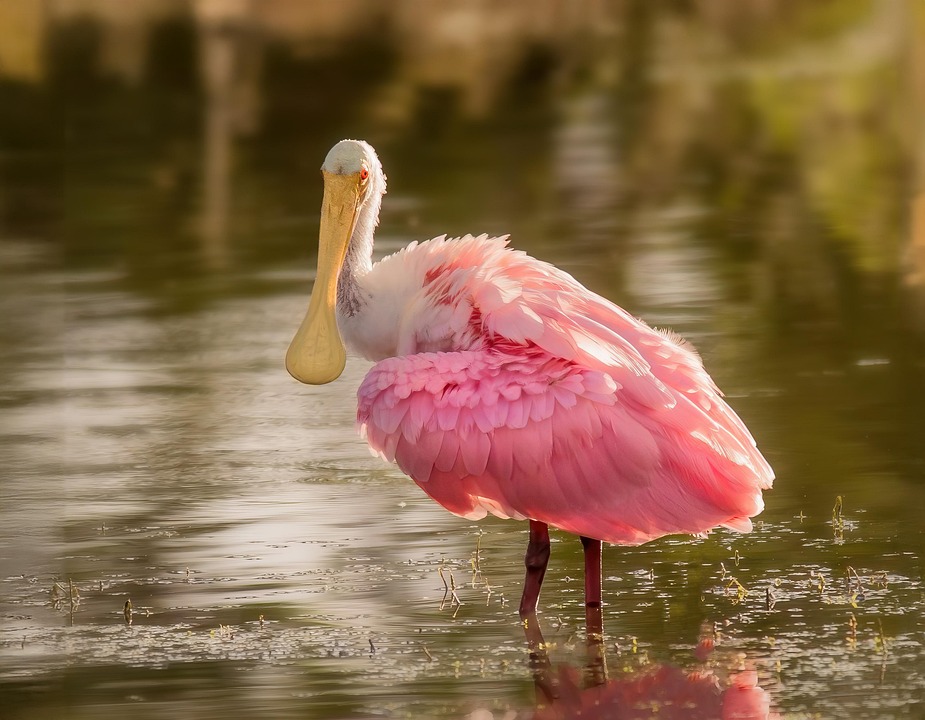Essential Career Roadmaps for Aspiring Wildlife Conservationists: A Comprehensive Guide
The call of the wild is undeniably alluring, drawing countless individuals into the realm of wildlife conservation. For those wishing to embark on this noble path, understanding the intricacies and demands of such a career is paramount. The journey is as rewarding as it is challenging, and a well-thought-out roadmap can make all the difference.
1. Educational Foundations
A robust educational background serves as the bedrock for any aspiring conservationist. While many begin their journey with a degree in environmental science or biology, the field is diverse enough to accommodate various disciplines. Here are some options:
- Ecology: A focus on ecosystems and the interactions within them provides critical insights into species management.
- Wildlife Management: This specialised degree hones in on the practical aspects of conserving wildlife populations.
- Environmental Policy: Understanding the regulatory landscape is essential for driving effective conservation initiatives.
Postgraduate qualifications, such as master’s degrees or PhDs, can further enhance one’s expertise and open doors to advanced research opportunities or policy-making positions.
2. Hands-On Experience
Theory alone will not suffice in the world of wildlife conservation. Engaging in practical experiences is crucial. Volunteering with conservation organisations, participating in internships, or even working on local wildlife projects can provide invaluable skills. Consider these avenues:
- Field Research: Assisting with data collection in natural habitats equips you with practical skills and a deeper appreciation of wildlife behaviours.
- Habitat Restoration Projects: Getting your hands dirty in reforestation or wetland restoration initiatives not only contributes to conservation but also builds a network of like-minded professionals.
- Local Wildlife Rehabilitation Centres: Gaining experience in caring for injured or orphaned animals can be both fulfilling and educational.
3. Networking and Professional Development
Building a network within the conservation community is essential for career advancement. Attending conferences, joining professional organisations, and engaging with online forums can provide opportunities to connect with seasoned professionals. Additionally, consider:
- Mentorship: Finding a mentor can offer guidance, support, and insight into navigating the complexities of the field.
- Workshops and Training: Continuous learning through workshops on emerging conservation techniques or tools keeps your skills sharp and relevant.
4. Specialisation Options
As you progress in your career, identifying a niche can set you apart in a competitive job market. Here are a few enticing specialisations to contemplate:
- Marine Conservation: Focus on the protection of ocean ecosystems, addressing issues like overfishing and coral reef degradation.
- Community-Based Conservation: Work at the intersection of wildlife protection and community engagement, promoting sustainable practices that benefit both people and wildlife.
- Policy and Advocacy: Influence conservation legislation and advocate for the protection of endangered species.
5. The Road Ahead
The future of wildlife conservation is as dynamic as the ecosystems it seeks to protect. Emerging technologies, like remote sensing and genetic analysis, are revolutionising the field. Staying abreast of these developments is imperative for any aspiring conservationist.
Moreover, the importance of public awareness cannot be overstated. Engaging with the community through educational outreach and social media campaigns amplifies the impact of conservation efforts, fostering a collective responsibility towards protecting our planet’s biodiversity.
The path to becoming a wildlife conservationist is undoubtedly challenging, yet the rewards—both personal and communal—are immense. By equipping yourself with the right education, gaining hands-on experience, and fostering a robust network, you can carve out a fulfilling career dedicated to the preservation of our planet’s precious wildlife.
As you set forth on this remarkable journey, remember that CVPortal continues to provide a wealth of quality CV references, assisting you in making your mark in the conservation world.


